Are You Sure?
The test of truth is time, because truth must be played out in the context of daily living, through our experiences and relationships, filtered by our culture and conditioning. In this sense, conventional truths can only ever be partial, until they are refined or replaced by new ones. By conventional truth, I mean the stories we mostly agree upon to explain how things work or what is happening. All conventional truths are temporary or at best incomplete. Even so, it is difficult for most of us to question our own truths, even if what we ‘know’ is mostly a collection of ideas and opinions colored by bias.
Modern life increasingly funnels us into boxes where our bias is confirmed and reinforced. That is why one of the most powerful, radical questions we can ask ourselves in any situation is “am I sure?” The revered Buddhist teacher, Thích Nhất Hạnh says that If we ask this sincerely, we often find a deeper truth waiting to be revealed. By failing to ask this simple question, we risk making the situation worse.
The consequences of our faulty thinking can clearly be witnessed in the condition of our planet and the trauma experienced by those we ‘other’. Franco Santoro, a facilitator at the Findhorn Foundation said:
Every time we make assumptions about what other people feel, do or think, we imprison them and us in a separate reality.
This separate reality is what some of our Indigenous teachers have called wetiko, a kind of mental and spiritual starvation. (Read Healing Wetiko, by Paul Levy in this edition of Kosmos.) This feeling is also expressed in our featured painting, by Kelcey Loomer. A beautiful stag symbolizes truth imprisoned within our collective mind. Our elaborate illusions have helped to desecrate nature and blind us to the ultimate truth.
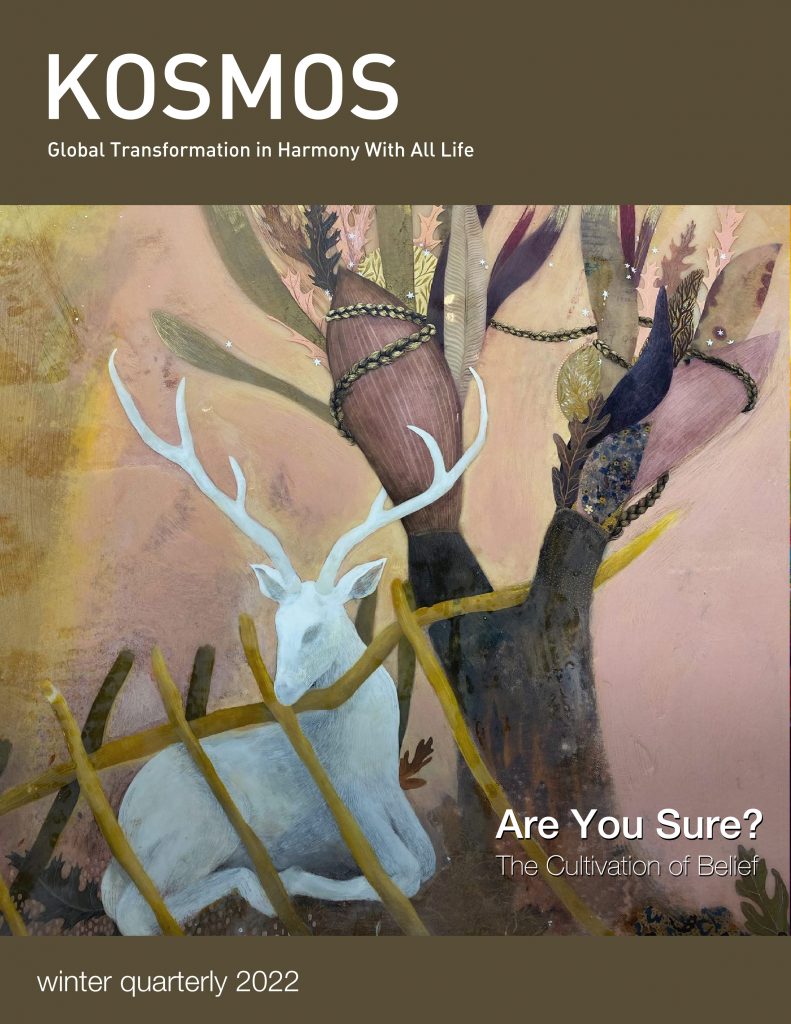
Ultimate truth, according to many wisdom teachings, is empty of definition or self-nature. It comes directly from reality. One way we experience ultimate truth is the wordless awe we feel when we wake up to the beauty of the Earth, a delicate flower, or the sun on our face. (Read the keynote, Watching River Otters, by Llewellyn Vaughan-Lee and Perceptual Intelligence, by Brendan Myers.) We need both kinds of truth – conventional and ultimate – in order to face the suffering of the world and to know how to respond.
Unfortunately, in our so-called post-truth era, facts can easily be misrepresented and even weaponized in order to control beliefs and behaviors. The kind of uncertainty this produces sows the seeds for conspiracy theories, degradation of trust in institutions, and most importantly trust in our own knowledge and intuition. Two articles in this edition of Kosmos explore these ideas: Post-truth Politics and Collective Gaslighting, and Marching Orders, Covid’s Attention War by Natascha Reitdijk and Sarah Hartman-Caverly respectively.
Where does truth come from? Is truth “out there” to be discovered? Or is it “inside” to be revealed? A very hopeful answer is that truth presents itself in response to our individual and collective need, our yearning for its light.
Many believe we have begun the process of a Great Turning, prophesied in many traditions, a time of breaking down and breaking through to new insights, a time of convulsion and transformation. I imagine it as the Earth’s soil being churned over in preparation for fresh truths to sprout on the horizon of human understanding, indeed at the edges of the Universe as we increase our view of the cosmos and our place in it. I am grateful to Findhorn Foundation for sharing with Kosmos a special conversation with Great Turning Visionaries, among them: Joanna Macy, David Korten, Pat McCabe and Craig Schindler.
Perhaps we recognize truth best by how it makes us feel. As Jesus said, truth sets us free, even when it is painful or causes us personal risk. When we stand in the light of ultimate truth, we feel calm and alive, despite the chaos that might surround us. That is because we stand on the side of all Life. If our truth makes us feel intolerant and defensive, we may need to look more deeply. If we want to stop injustice and suffering, we can’t do it by going to war with ourselves. Our intolerance does nothing to alleviate intolerance in the world. The one thing we have power to change is our thinking. It takes courage to keep our compassion and our love alive.
Thank you for the many ways you support Kosmos, especially your energetic spiritual support of our founder, Nancy Roof as she prepares to transition from this life. It is my privilege to be with her as often as I can, and an honor to advance her legacy and Kosmos. Like all great wisdom teachers, Nancy embodies what is beautiful and true. With your help, I vow to always hold Kosmos in the light of her vision, transformation in harmony with all Life.
Love and gratitude,
RF


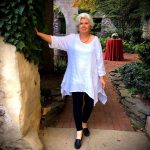

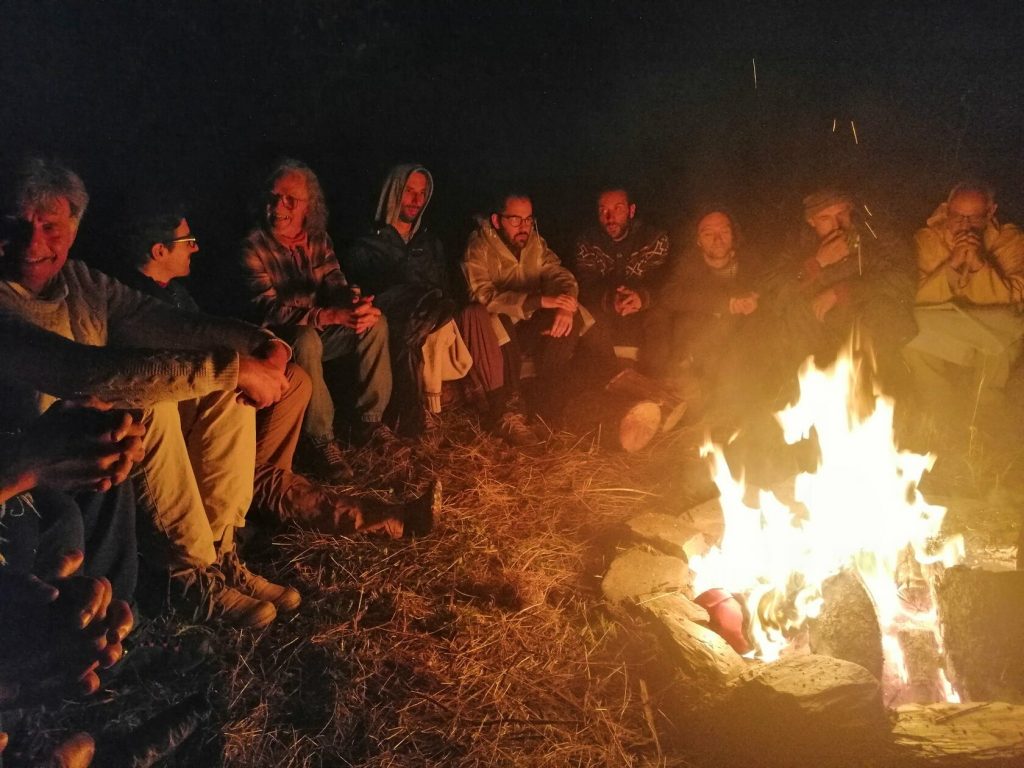
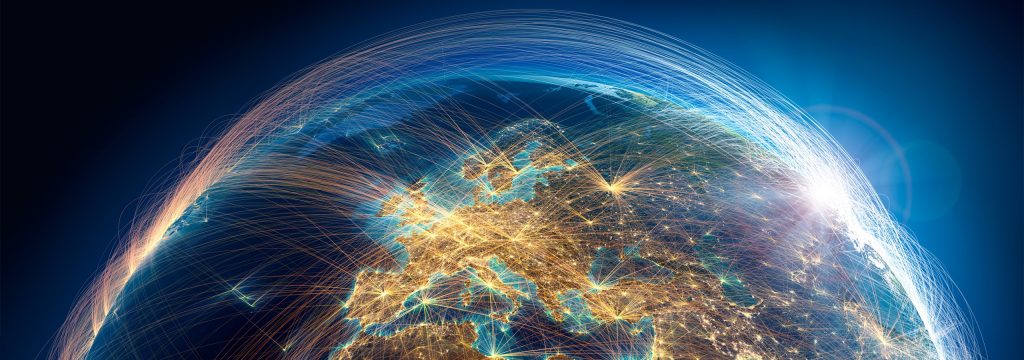
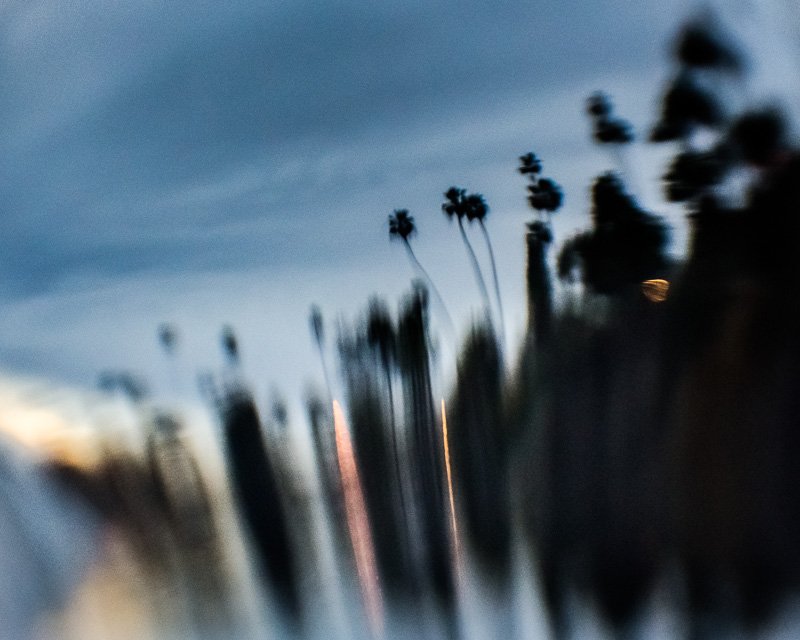
“There are moments that something new has entered into us, something unknown.
Our feelings grow mute in shy perplexity, everything within us withdraws — a stillness comes, and the new, which no one knows, stands in the midst of it and is silent.” Rainer Maria Rilke
Heartfelt gratitude for revealing Beauty and Truth in this time of great change and transformation.
Thank you for your service to peacebuilding, Dot.
I appreciate your statement: “Perhaps we recognize truth best by how it makes us feel. As Jesus said, truth sets us free, even when it is painful or causes us personal risk. When we stand in the light of ultimate truth, we feel calm and alive, despite the chaos that might surround us. That is because we stand on the side of all Life.”
Thanks for all you do.
Much gratitude, Kurt.